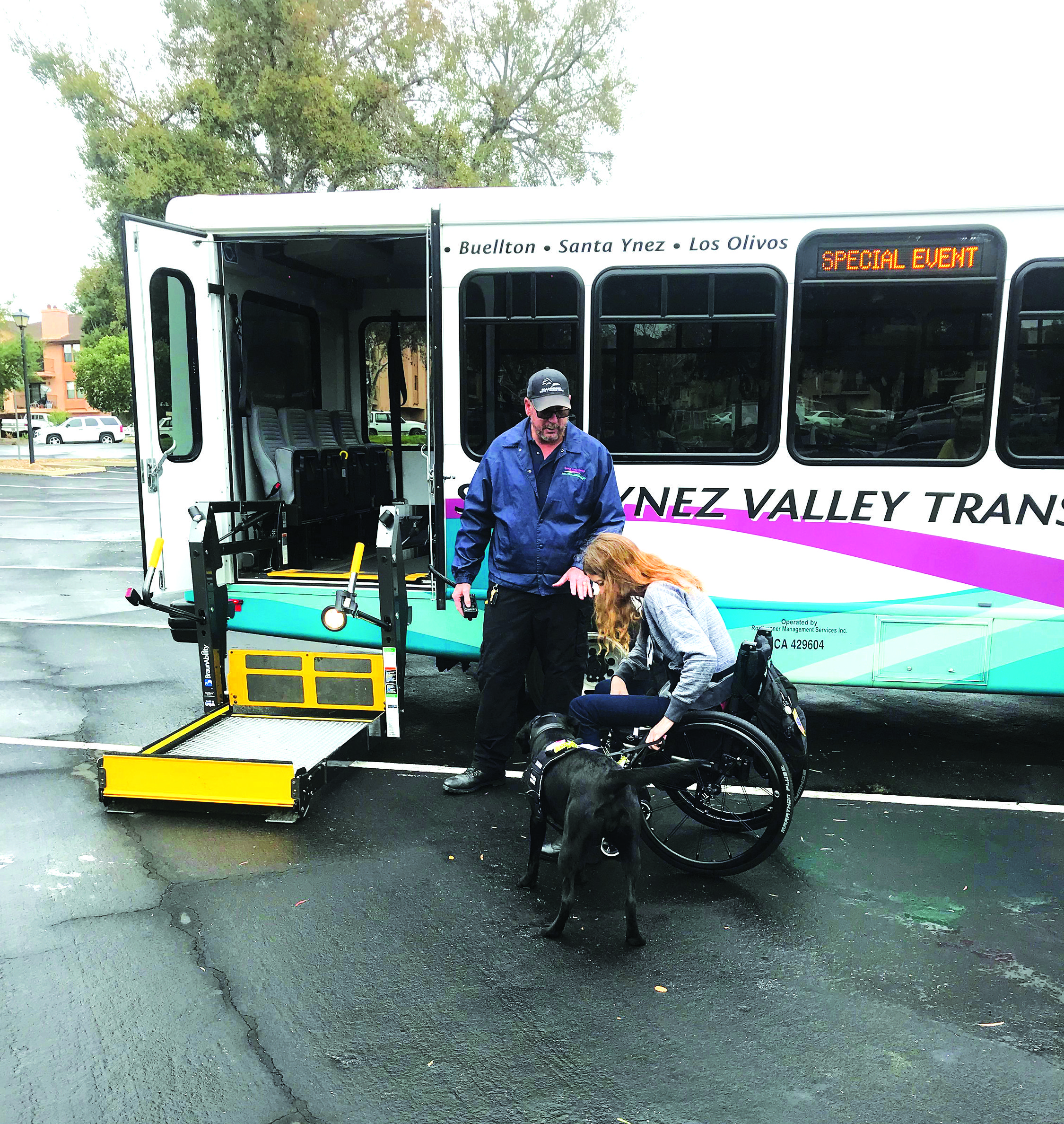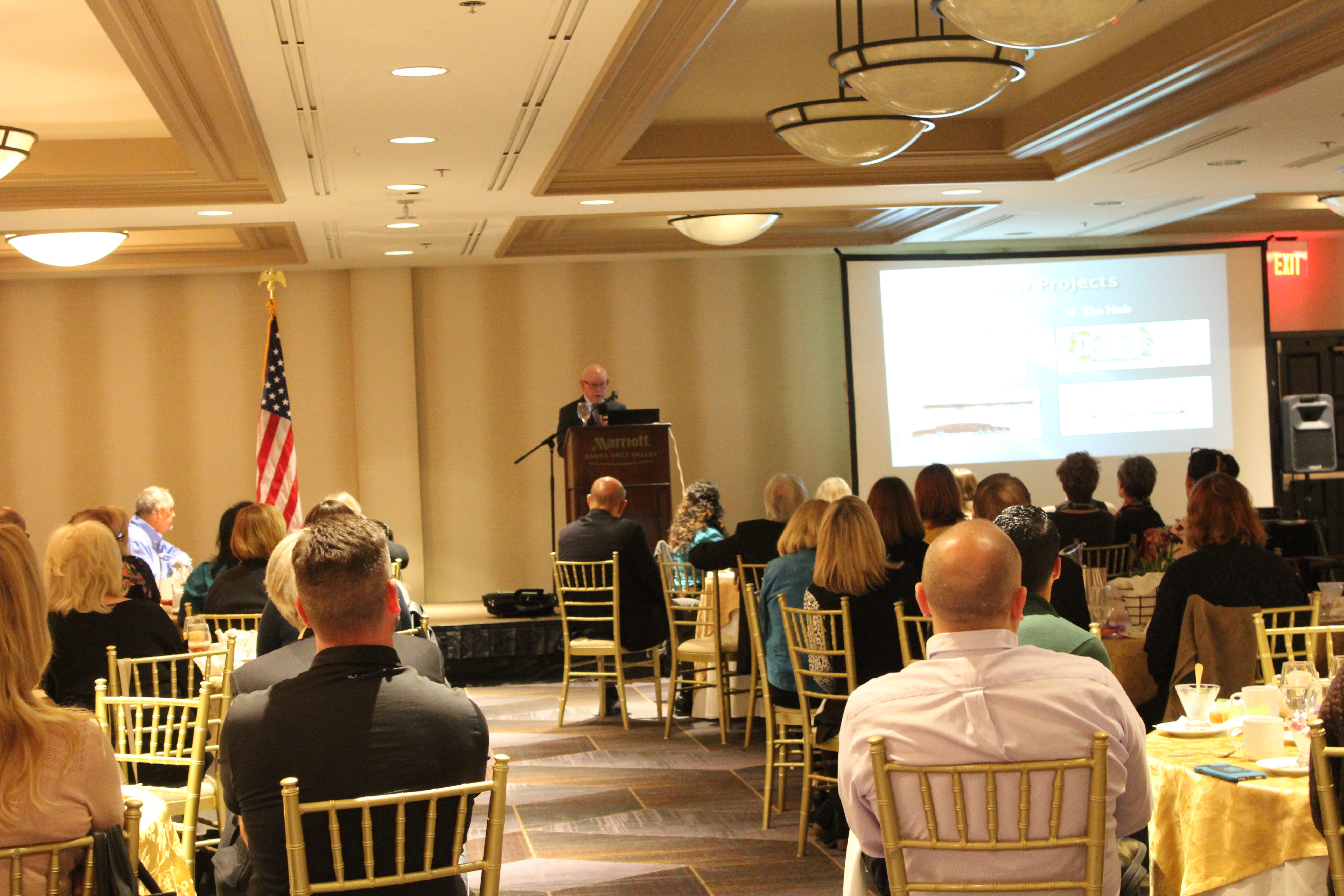Food waste recycling, minimum wage increase, police reform among the changes
By Serena Guentz
Noozhawk Staff Writer
With the arrival of the new year also comes a long list of new laws taking effect in California, ranging from housing development to food waste recycling, minimum wage increases, and police and criminal justice system reforms.
The following are just some of the several laws that went into effect in California starting on Jan. 1.
Senate Bill 3, which was approved by Gov. Jerry Brown in 2016, will be increasing the minimum wage in California to $15 per hour for employers with 26 or more employees and $14 per hour for those with 25 or fewer employees.
There are a few news laws targeted at reducing waste and methane emissions, including Senate Bill 1383 which requires residents and businesses to recycle green waste and food waste.
Santa Barbara County residents who are served by the Tajiguas Landfill and live within the ReSource Center “wasteshed” do not have to change how they manage waste, and that includes Buellton, Goleta, Santa Barbara, Solvang, and the unincorporated areas of the Cuyama Valley, Santa Ynez Valley and the South Coast.
The landfill’s Materials Recovery Facility, also known as the ReSource Center, processes and separates organic waste from trash to be made into compost and energy.
The County Public Works Department asks people in these areas not to mix food scraps in with yard waste (green containers) since it interferes with the mulching process.
In an effort to reduce plastic waste, Assembly Bill 1276 prohibits restaurants from providing single-use foodware accessories or standard condiments unless requested by consumers. Correctional facilities, health care facilities, residential care facilities, and public and private school cafeterias are exempt.
For housing development, Senate Bill 9 allows property owners to split lots and build additional residential units in areas zoned for single-family housing.
Many jurisdictions, such as Santa Barbara and Goleta, have approved ordinances to put local conditions on SB 9 or to make high-fire-hazard zones exempt.
Senate Bill 10 authorizes local governments to zone for up to 10 residential units per parcel in urban areas or “transit-rich” areas.
Several police reform bills will be going into effect Jan. 1, including Assembly Bill 48, which restricts and sets standards for the use of rubber bullets or tear gas for crowd control, and Assembly Bill 26, which requires officers to immediately report potential excessive force and requires officers who fail to intervene to be disciplined up to and including in the same manner as the offending officer.
Assembly Bill 490 prohibits law enforcement officers from using restraint or transport methods that carry a significant risk of positional asphyxia, or suffocation.
Assembly Bill 89 raises the minimum qualifying age for peace officers from 18 to 21, and Senate Bill 2 creates a process for peace officer decertification by the Commission on Peace Officer Standards and Training for serious misconduct. SB 2 also eliminates several legal immunity provisions for officers.
Senate Bill 73 will end mandatory minimum sentences for nonviolent drug offenses and allow eligibility for probation in these cases.
New laws relating to labor and employment include Senate Bill 62, which prohibits by-piece pay for garment workers, and Assembly Bill 701, which would require warehouse employers to disclose quotas upon hire and provides that employees are not required to meet quotas that interfere with mandatory rest or meal periods and bathroom breaks.
Assembly Bill 397 requires the Employment Development Department to provide notice before disqualifying an unemployment claim so the individual can correct any mistakes.
A few pieces of legislation extend COVID-19-era practices.
Assembly Bill 37 requires vote-by-mail ballots to be sent to every registered voter for each election.
Under Senate Bill 389, eligible businesses can sell alcoholic beverages to-go with meals until Dec. 30, 2026, extending a practice allowed under COVID-19 restrictions.
Noozhawk staff writer Serena Guentz can be reached at sguentz@noozhawk.com.






